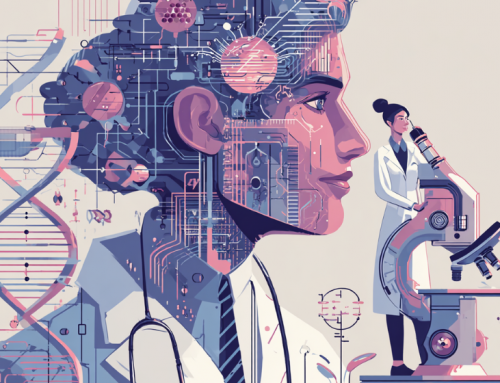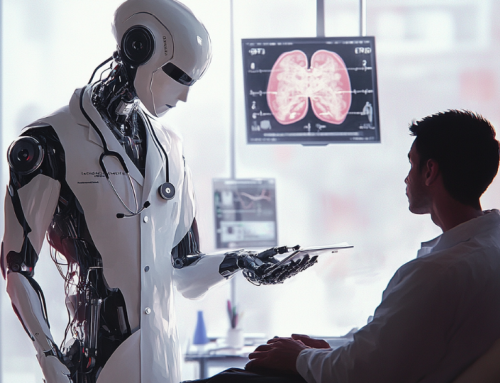 Alivcor employs a new approach with smartphones to detect ECG blood levels.
Alivcor employs a new approach with smartphones to detect ECG blood levels.
‘Bloodless’ Blood Test Identifies Potassium Levels
In a fascinating article by John J. Dillon, MD and Paul A. Friedman in the latest Harvard Business Review (HBR), they explain an exciting new approach to medicine. The concept of using AI to develop new medical tests is proving to be a winner.
One advantage of AI is its unique ability to integrate large volumes of data and identify patterns that may be subtle or difficult for humans to recognize. These subtle patterns have a huge potential to alert clinicians to important physiologic changes that need to be addressed.That is why we turned to the power of AI to invent a new way of detecting fluctuations of blood potassium levels that patients could easily perform at home without drawing blood. We are now preparing to submit the technology to the U.S. Food and Drug Administration for approval.
Blood potassium remains a huge variable in treating patients with heart or kidney disease. The fluctuations that occur when adjusting potassium medications can produce negative results, so physicians typically order blood tests first thing. The new system called Alivcor, uses AI to detect the subtle changes in the patients potassium levels without actually taking blood. This program utilizes smart phone technology that is attached to sensors that are attached to the patient.
“The method we developed utilizes smart phone technology in combination with algorithmic analysis of ECG recordings,” wrote the researchers in the HBR article. “Together with our partner AliveCor, we developed a system to attach electrodes to a smart phone and acquire a quality ECG recording. We then developed an algorithm that detects subtle changes in the morphology of the ECG waveform to determine serum potassium levels in near real-time. We validated our approach in a series of clinical studies and found that our potassium scores closely correlated with serial blood tests taken from the same patients.”
The article includes six takeaways from their testing that outline the pluses and limitations of using machine learning to develop medical tests. With a home base in the Mayo Clinic, it’s likely this new technology will become available in the near future.







Leave A Comment